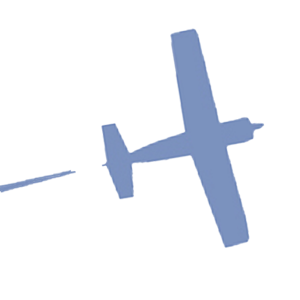I may be talking out of my backside, but stick with me here ...
I feel like a lot of the young people I meet now who are in puppy mills did not know they wanted to be a pilot a year or two ago. That it wasn't until the news started heralding the mass pilot shortage, and social media went nuts with the type of content that is designed to attract
idiots young people, that some of these folks first considered it as a career.
That's fine, but I wonder if there isn't something different about the kid who knew he/she wanted to be a pilot from as long as they could remember - the ones who rode their bikes to airports, begged their parents to take them to air shows, and kept showing up to every Young Eagles event.
Some of this is based on some of the chatter I've read from student pilots who admit to being afraid of general aviation - how they can't wait to get past this flying and onto the airlines as soon as possible. I get SJS, but if you dread going up in the airplane each lesson, and have no interest in diving into the books to learn more, then I can't understand you as a pilot. Hell, I read aircraft specific flight manuals as a hobby just because I enjoy learning about the different nuances and systems.
You can love aviation and be a bad stick for sure, but when a DPE hands you your certificate and says "remember this is a license to learn" ... if you don't get that, then maybe you're never going to be that proficient.
I've flown with a few ex-military pilots who were looking to join the flying club I was in, or in other training environments. It always blew me away how humble and fascinated they were when driving a 172. Dennis Koehn, who recently popped up in some of
@MikeD 's USAF photos from decades ago, joined our flying club at KPIE many years ago. He asked to fly with me and had a ton of questions, and was generally fascinated to learn the mighty Chickenhawk. Dude had flown F-4s and A-10s in combat in Vietnam and Iraq, and had recently retired from NW having flown widebody on the DC-10/747. Funny enough, he didn't have a single-engine endorsement since his flying started in the military. He had to take a PPL checkride and walked into the oral with a stack of logbooks at least two feet high. We all laughed, but he was super humble about it.
I just don't see that level of respect for the beast in some of the kids today.

 www.avweb.com
www.avweb.com

